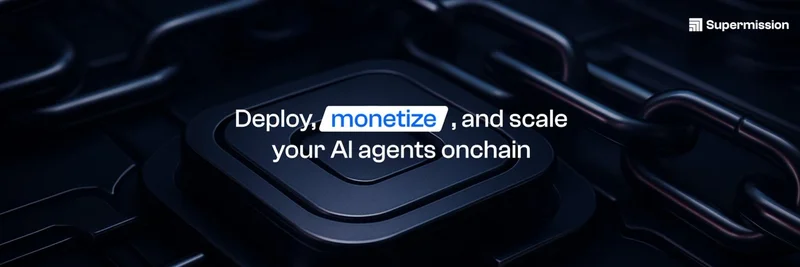In the ever-evolving landscape of cryptocurrency, Ethereum's staking mechanism has been a focal point of discussion, especially with recent insights from industry experts. A tweet by Dennison Bertram highlights a critical perspective on the professionalization of staking and its intersection with future regulatory guidance. Let's dive into this discussion and unpack its implications.
The Professionalization of Staking
Dennison Bertram's tweet references a conversation with Haseeb Qureshi of Dragonfly Capital, where Qureshi expresses a bearish outlook on the current state of proof-of-stake (PoS) systems. He argues that "staking mania was definitely a little bit of an illusion," suggesting that the perceived security benefits of staking are more of a "meme" than a reality. This perspective is particularly salient when considering the concentration of staking power among professional entities.
Qureshi points out that most proof-of-stake networks are dominated by a small number of professional validators, often the same 12 companies across multiple chains. This professionalization, while efficient, raises concerns about centralization and the original decentralized ethos of blockchain technology. Ethereum, however, stands out due to its broader participation in staking, with a significant number of home stakers contributing to its security model.
Regulatory Guidance and Its Impact
Bertram's tweet also touches on the upcoming regulatory guidance that may influence the staking landscape. The U.S. Securities and Exchange Commission (SEC) has recently clarified its stance on crypto staking, distinguishing between protocol-level staking activities and securities transactions [link to SEC guidance article]. This clarification is crucial as it provides legal certainty and may encourage more institutional investment in regulated staking products.
The regulatory environment is poised to shape how staking services are structured, emphasizing transparency and compliance. For Ethereum, this could mean a continued advantage due to its decentralized staking model, which aligns well with regulatory expectations of broad participation and security.
Implications for the Crypto Community
The professionalization of staking presents both challenges and opportunities. On one hand, it streamline operations and enhance efficiency, but on the other, it risks undermining the decentralized nature of blockchain networks. Ethereum's approach, with its emphasis on home stakers, could serve as a model for other chains looking to balance these dynamics.
For the broader crypto community, understanding these shifts is vital. As Coinbase's guide on Ethereum staking explains, staking not only offers passive income but also contributes to network security and governance. However, the concentration of staking power among professionals could dilute these benefits if not addressed.
Conclusion
The discussion around Ethereum's staking professionalization and regulatory implications is a microcosm of the larger challenges facing the crypto industry. As we move forward, the balance between efficiency, decentralization, and compliance will be crucial. Ethereum's current model offers a promising path, but the evolving regulatory landscape will undoubtedly shape its future and that of other PoS networks.
Stay tuned to Meme Insider for more insights into the world of meme tokens and blockchain technology, where we help practitioners navigate the latest developments and enhance their understanding of this dynamic space.




